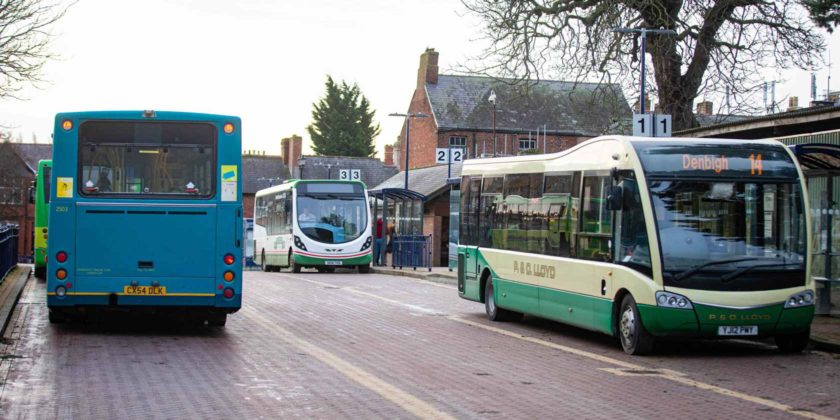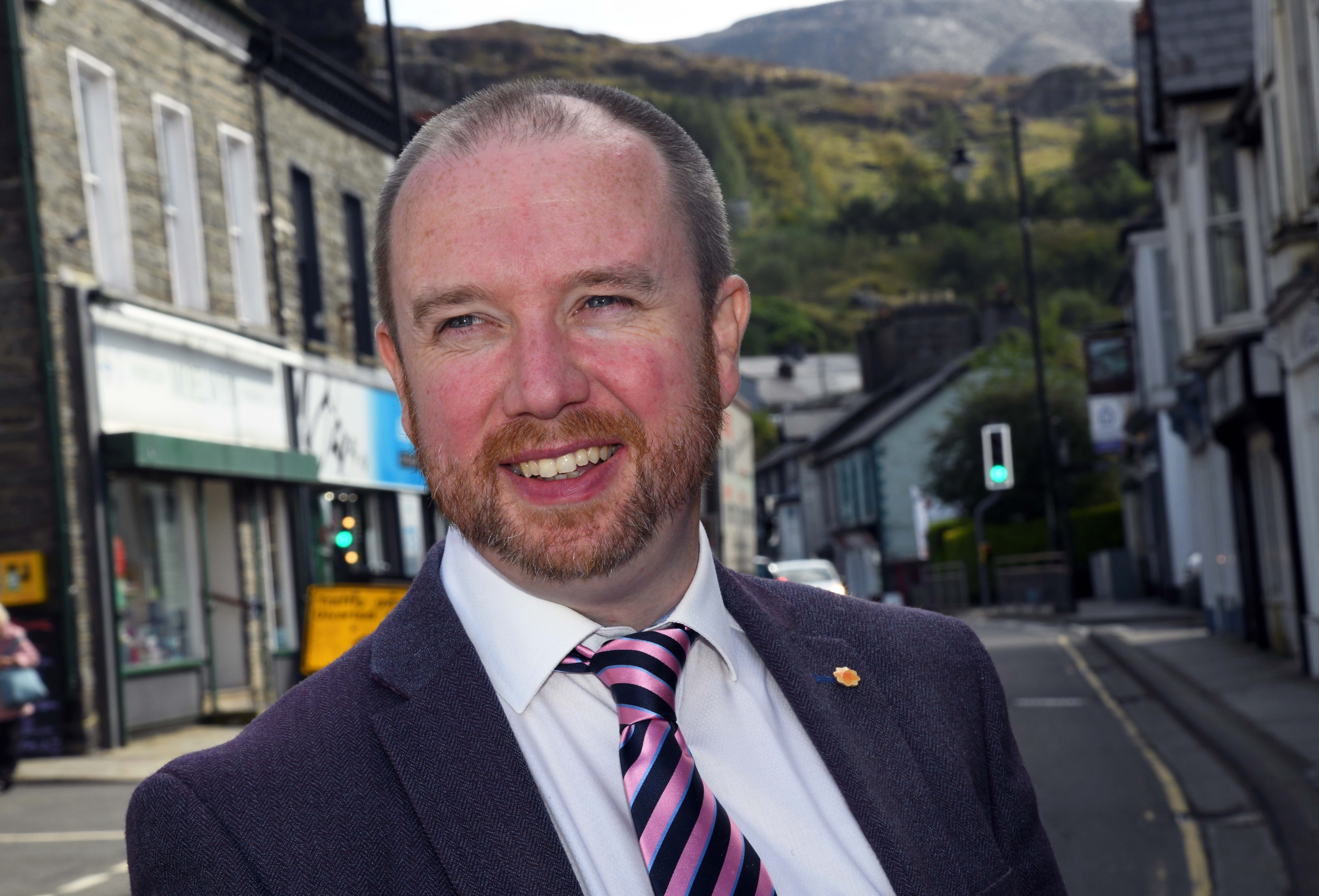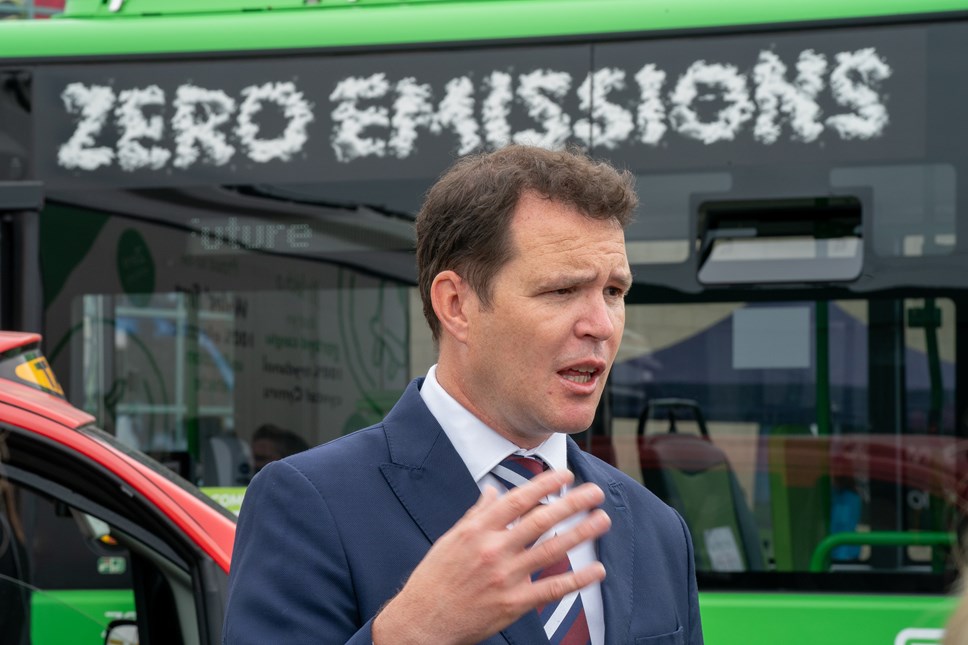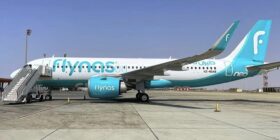Concerns funding withdrawal could see large number of Welsh bus routes scrapped

Concerns have been raised that the withdrawal of support funding for bus companies could see the number of routes in Wales significantly reduced.
The money was originally provided by the Welsh Government to keep services running after passenger numbed plummeted during the Covid pandemic.
However, the emergency scheme is set to be withdrawn in June as Deputy Transport Minister Lee Waters said there was not enough left in the devolved government’s budget to maintain it.
The move has led to criticism from opposition politicians and even some Labour Senedd Members in the same week the government announced dozens of major road building projects were being scrapped.
It followed a review being carried out aimed at reducing carbon emissions and supporting a shift in travel habits towards public transport, walking and cycling.
But Dwyfor Meirionnydd MS Mabon Ap Gwynfor said the withdrawal of bus support funding would leave people more reliant on vehicles powered by fossil fuels.

Speaking in the Senedd yesterday (Wednesday, 15 February), the Plaid Cymru politician said: “This government doesn’t do irony, surely. On the one hand, yesterday, the deputy minister announced that plans to build many rural roads in Wales were to be ceased, talking at that point about the importance of public transport.
“Then, in discussing the bus programme, the same deputy minister said that the funding provided to buses in Wales wouldn’t be enough to maintain the current routes and services.
“It’s not as easy to jump on a bike and cycle to the nearest shop in rural Wales. Our communities are miles apart, and services are centred in areas that are a long way away.
“People have to travel long distances to see a GP, a dentist, to get their education, to shop, to go to a leisure centre and all sorts of other activities. And older people and vulnerable people will live very isolated lives as a result of this.”
He added: “If bus services aren’t properly funded, then you will force more people to rely on private vehicles.
“And in the absence of a network of charging points, what we will see is a nation like Cuba in rural Wales, with people sustaining the old fossil fuel vehicles for decades to come.”
In response, Mr Waters pointed out that bus services were not included in a list of priorities contained within the co-operation agreement between Labour and Plaid Cymru to work together in some areas of government.
He added that more money would need to be made available by the UK Government to continue the support for bus companies.

The deputy minister said: “I don’t need any lectures on the importance of public transport and the vital role that buses play in rural areas. I really don’t see the point in flippant remarks about people not being able to cycle in rural areas.
“We all are concerned about this. No party has a monopoly on that, and I think that my track record speaks for itself in understanding and valuing the importance of buses and of public transport.
“We have a real budget problem here, and his party is a part of the co-operation agreement in agreeing the priorities for government.
“There’s no point in him standing there, lecturing me about the consequences of the funding being available when, jointly together, we’ve agreed a set of budget priorities, and this wasn’t one of them.”
He added: “We are still hopeful that the UK Government might respond to its own pressures and provide some emergency funding, which would allow us to extend the support that we give to the industry, which we want to redesign in any case.
“But, absent of that, unless he knows of some money down the back of the budget sofa that I don’t, then I think that our options are limited, which breaks my heart.”
The issue was raised following a topical question being submitted by Plaid Cymru MS Delyth Jewell, who said it was important for the government to provide certainty over funding.
Mr Waters said it had made £150m of public investment available to keep bus services running during the pandemic.
But he acknowledged bus users were likely to face a “skeleton service” in future.

This drew criticism from Conservative MS Natasha Asghar, who said: “If funding plans are not put into place by cutting financial help for buses, this government’s going to inflict major problems on countless people in all four corners of Wales.
“I understand that one big bus operator has warned that it’s actually going to preparing to cut a quarter of its current services, due to the funding scheme’s impending withdrawal.
“How on earth can you expect people to use public transport more when this government’s actions will ultimately lead to bus services being cut?
“It’s already a nightmare to catch a bus in Wales, so this decision is only going to make things worse if funding is not provided.”
Alun Davies, Labour MS for Blaenau Gwent, challenged his party colleague to find a solution to the situation.
He said: “Governments exist to solve problems, not simply to rehearse them. And for my constituents, in Blaenau Gwent, when they hear a minister talking about a skeleton service, they think, ‘Well, that’s a service that’s going to serve Cardiff, Newport, Swansea and a few other places, but we know it won’t serve Cwm, it won’t serve Blaina, it won’t serve Abertillery, Tredegar or Ebbw Vale’.
“That isn’t a service that we can accept…but what I want to see from government is a clear action plan to deliver the public services that yesterday, when he stood in this chamber, he said he wanted people to use.”
He added: “We need a plan for buses and we need it now, and, if the minister brings through emergency legislation, I will certainly vote to enact it as soon as possible.”
In response to the issues raised, Mr Waters said: “We haven’t seen any additional money coming from the Treasury and the Department for Transport that would produce any consequentials for us to put further funding in this year.
“We’re also having to meet significant cost pressures in the rail industry so we are in a fix here.
“We did manage, through last week, through some very constructive conversations with the industry and local government, to get a reprieve.
“We’ve got a guarantee of the Bus Emergency Scheme for a further three months, and we hope to work closely with them during that time to try to work out which routes should be maintained within the declining bus budget envelope to give us the best chance to have a skeleton service that then will take us into the new franchise, which is still a couple of years away.”
Spotted something? Got a story? Send a Facebook Message | A direct message on Twitter | Email: [email protected]Latest News









